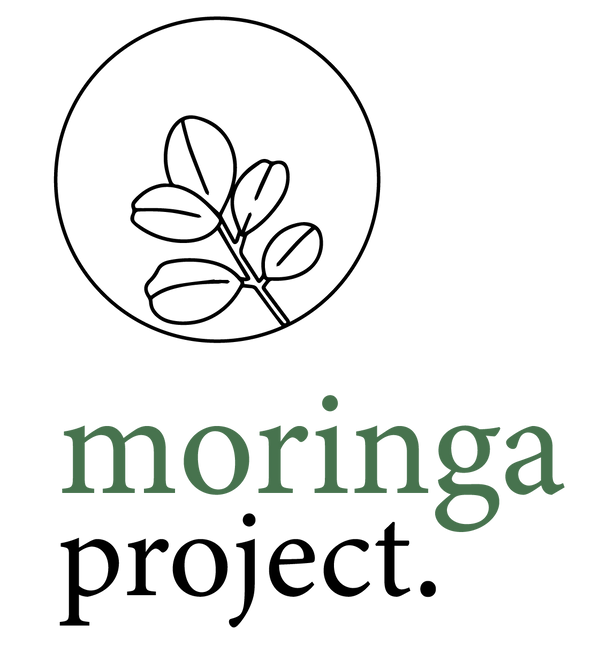
why we support Plastic Free July®
Share

Plastic Free July® is a global movement that helps millions of people be part of the solution to plastic pollution – so we can have cleaner streets, oceans, and beautiful communities. Here’s all you need to know about it.
What is it?
Plastic Free July® is a global challenge running through the entire month of July to reduce personal consumption of single-use plastic. The prospect of not using any plastic may sound impossible -- and unfortunately, it pretty much is. But that doesn’t mean you should get discouraged.
Quite the contrary. Plastic Free July is based on the idea that the zero-waste movement isn’t about perfection, but about making positive changes in ways that work with your lifestyle, while still challenging yourself in the process.
How did it start?
Plastic Free July was started by Rebecca Prince-Ruiz in Perth in 2011, as a way to raise awareness on plastic consumption and supporting behaviour change to help people avoid single-use plastic. In 2017, Prince-Ruiz and a group of people from her local government formed a non-profit called The Plastic Free Foundation, which is now the official organization that runs Plastic Free July.
In 2018, a total of 120 million people participated in the initiative — and 90 percent of those participants made permanent habit changes beyond July, reports showed. In July 2020, the Plastic Free Foundation estimated 326 million people from 177 countries took part in the challenge worldwide.
Now in its tenth year, the event engages community groups, businesses, schools and other organizations.

How does it work?
People can take a pledge on the Plastic Free July's website to participate in a variety of ways. You can pledge to observe the challenge for just one day, one week, the entirety of July, or for July and beyond. You can also pledge to reduce your plastic in a few different ways, from ditching single-use packaging to avoiding the “Big Four” -- plastic bags, water bottles, straws, and coffee cups -- to going completely plastic-free.
Anyone who takes part can also pledge to make these changes on a personal level, at your work, at your school, at an upcoming event, in your community, or anywhere else they are involved.
But you do not necessarily need to officially sign up if you don’t want to. The aim of Plastic Free July is to help open your eyes just a bit more to the plastic pollution epidemic, and push you to adopt small but significant changes in the way you use and approach plastic. No guilt-tripping, just awareness-raising.
What can I do to get involved?
At the Moringa Project, we have lots of tips and tricks to avoid single-use plastic -- or at least reuse and reduce our consumption of it. That extends to our products, which come in plastic-free wrapping and are packed with biodegradable or recycled materials instead. So here are three to get you going:
Next time you hit a restaurant, bringing your own containers to pack your leftovers or to pack a takeout order, and carry around a set of reusable utensils (of course, with the coronavirus pandemic, this may not be possible — and that's OK) and metal straws for your iced coffee.

Acquaint yourself with the idea of doing your grocery shopping in bulks. Bangkok has lots of great zero-waste shops (and many other cities around the world do too these days!) where you can pick produce and food that’s not wrapped in plastic. Bring your own Tupperware containers and glass jars to get your share of whatever you need, and swap plastic bags for reusable alternatives, like wax wrap and stasher bags.
We often accept plastic packaging without even realising it. So this month, learn to say ‘no thanks’ whenever you’re handed a plastic bag, plastic straw or unnecessary plastic wrapping. And above all, spread the word. Take some time to talk about Plastic Free July with your friends, family, coworkers, barista, and that stranger in the grocery store who's staring at your reusable produce bags with a confused face -- and don’t forget to use the hashtag #PlasticFreeJuly on social media.
Remember: Even if you only manage to reduce your plastic consumption by a small amount this July, adopting any of these habits in your day-to-day is an excellent step towards shifting your mindset around plastic consumption.

